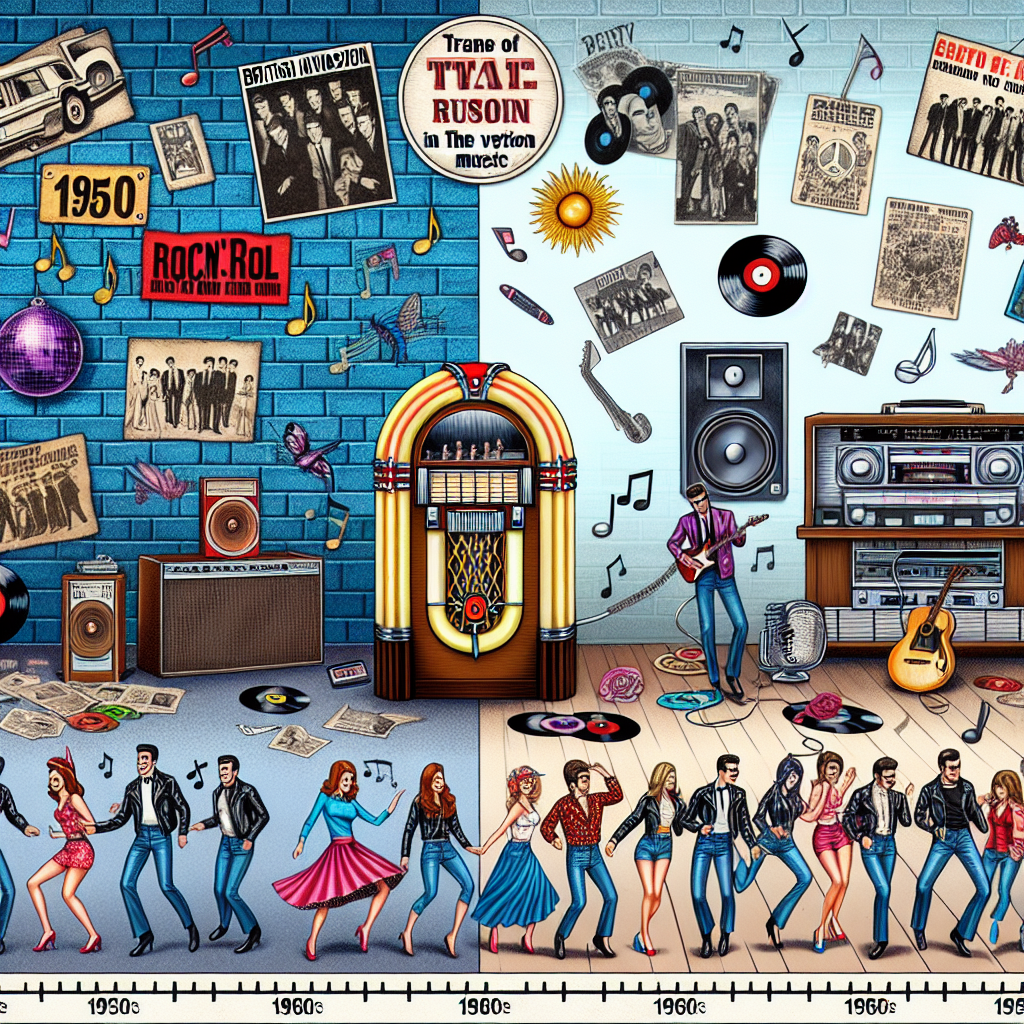Woodstock and other music festivals of the 60’s and 70’s had a profound impact on culture during that time. These events brought together people from all walks of life to celebrate music, art, and freedom. They were more than just concerts – they were a reflection of the social and political climate of the era.
Music was at the forefront of these festivals, with iconic performances by artists like Jimi Hendrix, Janis Joplin, The Who, and many others. Their music spoke to the hearts and minds of a generation that was seeking change and revolution. The lyrics were often politically charged, addressing issues such as war, civil rights, and environmental concerns.
These festivals also played a significant role in shaping fashion trends of the time. The bohemian style became popular among attendees, with its flowy dresses, fringe vests, and bell-bottom jeans. People expressed themselves through their clothing choices, embracing individuality and rejecting mainstream norms.
Politicians took notice of the influence these festivals had on youth culture. Some saw them as a threat to traditional values and sought to suppress them. However, others recognized their potential for positive change and worked to engage with young people through music and art.
Technology also played a role in the success of these festivals. Advances in sound systems allowed for larger crowds to enjoy live music performances. The use of light shows and psychedelic visuals added to the overall experience, creating an immersive environment for festival-goers.
Overall, music festivals like Woodstock had a lasting impact on culture in the 60’s and 70’s. They provided a platform for artists to share their message with the world and inspired a sense of unity among attendees. These events continue to be celebrated today for their contribution to music history and their role in shaping our cultural landscape.


Get involved!
Comments